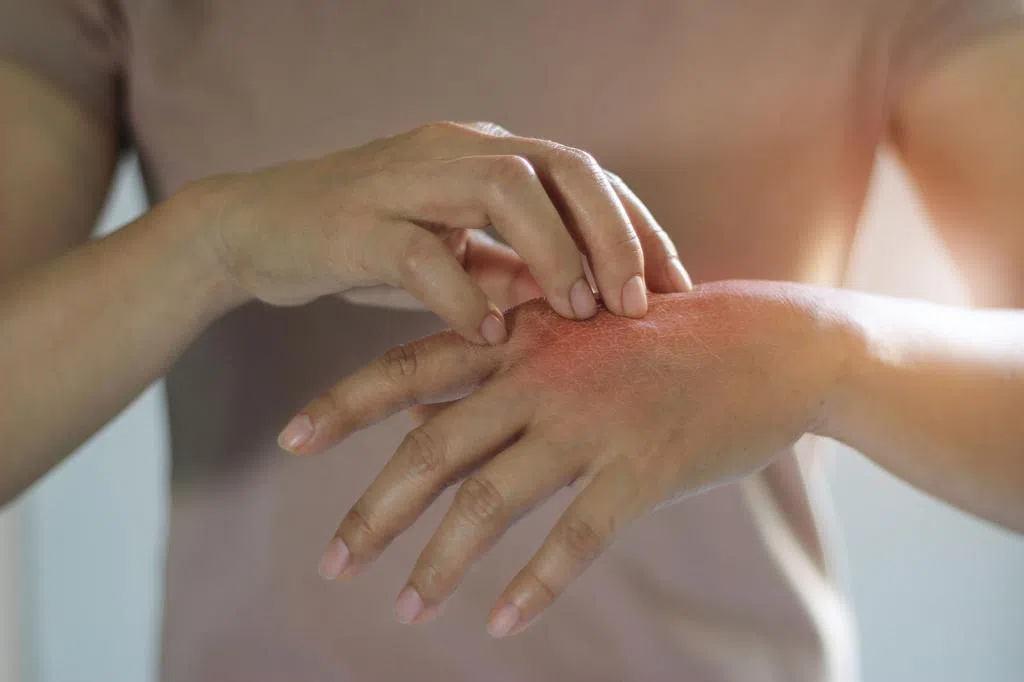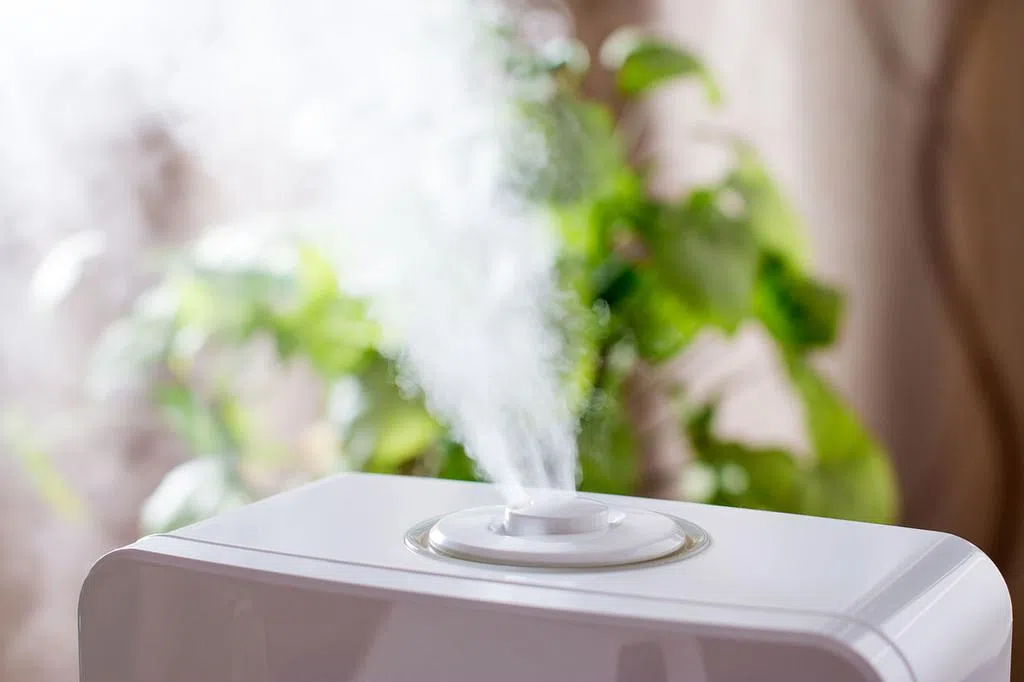Why you should eat more eggs – and the healthiest ways to cook them
There’s more to the humble egg than just protein. Our experts explain why eggs should be a key part of your diet

We are a nation of egg addicts. The average person gets through at least two a week, making them one of Britain’s most popular foods. Plenty of us gorge on many more than this of course, whether you’re having two scrambled eggs crowning your toast each morning, or knocking back a full dozen after hitting some serious weights at the gym.
Yet eggs have fallen in and out of health fashion over the years, sometimes celebrated, at other times vilified. “Eggs have gotten some seriously bad press over the last few decades, but none of it is valid at all,” says Rhian Stephenson, a registered nutritionist.
Former MP Edwina Currie claimed in the late 1980s that eggs could carry salmonella, leading to the culling of millions of hens, while the naturally high levels of cholesterol and fat in egg yolks have been blamed for diabetes, heart disease and even cancer.
“The main egg myths I hear have come out of the diet culture of the Nineties, when low-fat diets were all the rage, and it was believed that high-cholesterol foods could contribute to cardiovascular disease,” Stephenson says. “Today we know that this isn’t the case at all.”
Yet there are healthier ways to eat an egg than others. Our experts guide us through all their benefits and the healthiest methods to consume them.
The health benefits of eggs
A large egg has around 78 calories, 5.4g fat, 7.5g protein, negligible salt (0.2g) and no carbohydrates. As well as being delicious to eat, eggs come packed with health benefits. They are:
- High in protein
- A complete source of essential amino acids
- Rich in B vitamins, vitamin D and A, and choline
- A source of healthy fats
- Filling yet low in calories
With 7.5g of protein and fewer than 80 calories, few other foods are packed with as much protein per gram.
Eggs also “contain all nine essential amino acids, which the body needs but can’t produce on its own, making them a high-quality protein source,” explains Caroline Farrell, a registered nutritionist.
Complete sources of protein are more effective in promoting recovery, muscle growth and repair and overall fitness, as well as curbing hunger, supporting you in maintaining a healthy weight.
“Eggs are inexpensive, easy to cook and highly versatile,” Stephenson says. Given that a box of a dozen eggs will usually come in at under £4, having a couple of eggs with your toast for breakfast is a very cost-effective way to meet your body’s protein needs: around 55g per day for the average man, or 45g per day for the average woman.
Aside from protein, egg yolks “are an especially nutrient-dense food”, says Stephenson. “As well as containing some vitamin D and iron, both of which can be hard to get through food, eggs are also rich in calcium, zinc and potassium, and a good amount of B12, which is especially important for people who don’t eat fish or meat.”

Another reason that vegetarians should all try to up their egg consumption: “eggs contain preformed vitamin A, which is a much more biologically available kind of vitamin A than you can find in plant foods, which is better for your health,” Stephenson adds.
All this doesn’t mean that you should eat an unlimited amount of eggs, however. While you might see someone who’s looking to build some serious muscle eating a dozen or more eggs a day, Farrell suggests a sensible upper limit of “one to two eggs per day”.
Research into the safe amount of eggs to eat is limited, but “I would never advise on excessive use of any one food, so I wouldn’t recommend 12 eggs for breakfast,” she adds. “Moderation, while not exciting, is generally key in nutrition.”
Is it healthier to throw out the yolk?
On the face of it, it seems healthier to go without the yolk, as this is where most of the fat and cholesterol in an egg can be found. This is why some people prefer to cook with egg whites, where the protein is stored. Egg whites are also lower in calories than a whole egg.
The whites of a large egg come in at around 20 calories with 4g of protein, with only trace amounts of fat. A large egg yolk meanwhile contains around 55 calories, 2.7g of protein and 4.5g fat.
“But my advice is to have the full egg,” Stephenson rules. “The reason why people avoid yolk is because of a fear of fat and dietary cholesterol, which we now know is unfounded.”
Farrell agrees that it’s best to eat eggs whole, not least because “the combination of protein and fat helps keep you full, reducing mid-morning hunger pangs” when eaten at breakfast, helping you towards any weight loss goals much more than a whites-only meal would do.
“Studies show that for most people, dietary cholesterol has minimal impact on blood cholesterol levels. Instead, saturated and trans fats,” coming from foods like cakes, cookies and pies, “are more influential in raising “bad” LDL cholesterol.”
There is some evidence that the cholesterol in egg yolks could raise the risk of cardiovascular disease for people with Type 2 diabetes, potentially because of this cholesterol “interacting with underlying insulin resistance or metabolic conditions that heighten LDL particle levels”, Farrell explains.
If you’re looking to cut down on your cholesterol intake, it is advised that some people at risk of heart disease could “do a two-egg omelette with just one yolk, to make sure that you’re still feeling the nutritional benefits of eating eggs while moderating your cholesterol intake,” Stephenson says.
Should you go for the more expensive or organic kinds of eggs?
While nutritionists adore eggs because they are cheap and easily found, it may well be worth shelling out for a more expensive box. Just make your decisions wisely.
Free-range eggs “are typically higher in omega-3 fatty acids and vitamin D because of the chickens’ outdoor diet and sunlight exposure,” Farrell says, while “some premium brands like Happy Eggs, or organic eggs, may offer better nutrient profiles if hens are fed omega-3-enriched diets or have higher welfare standards”.
Stephenson agrees that organic eggs are better for you than caged or regular free-range options, but while organic eggs usually cost more than normal free-range or caged eggs, a costly egg won’t always be organic.

To be deemed organic, eggs must be uncaged, fed a diet free of pesticides and fertilisers, hormones and antibiotics, and kept with higher standards of animal welfare (where practices like beak trimming are banned). Organic eggs are stamped with an 0 on their shells – and make up just 3 per cent of the eggs available to buy in supermarkets.
The best option for your health is to get your eggs straight from the chicken, if you’re lucky enough to keep chickens yourself or have a friend who does.
Of course, keeping chickens isn’t a feasible option for most, but there are local places where you can get fresh eggs in an egg share, which you know are organic.
The healthiest way to eat eggs
Poached and boiled come out on top with the least calories and, surprisingly, cooking them in butter is lower in fat and calories than frying in olive oil.
The nutritional breakdown of the most popular cooking methods is as follows:
“How you cook your eggs can affect their nutrient profile,” Farrell says, but just about any method can still be healthy “if cooked with minimal oil or heart-healthy fats like olive oil”.
While poached eggs add no extra calories or fats to your eggs, boiling could be a safer choice if you’re looking to get the most out of the vitamins and minerals in your eggs, as nutrients could potentially leech out from your eggs into the water during the poaching process.
If plain boiled eggs don’t appeal, “you could either scramble or fry the eggs at a low heat”. Stephenson suggests that you use either a “good-quality olive oil or coconut oil, or butter”, avoiding low-calorie sprays “as these can be hyper-processed”.
If you like your eggs crispy, then try either avocado oil or olive oil “as these have a higher smoking point, making them safe up to gas mark 5 or 6”.






















